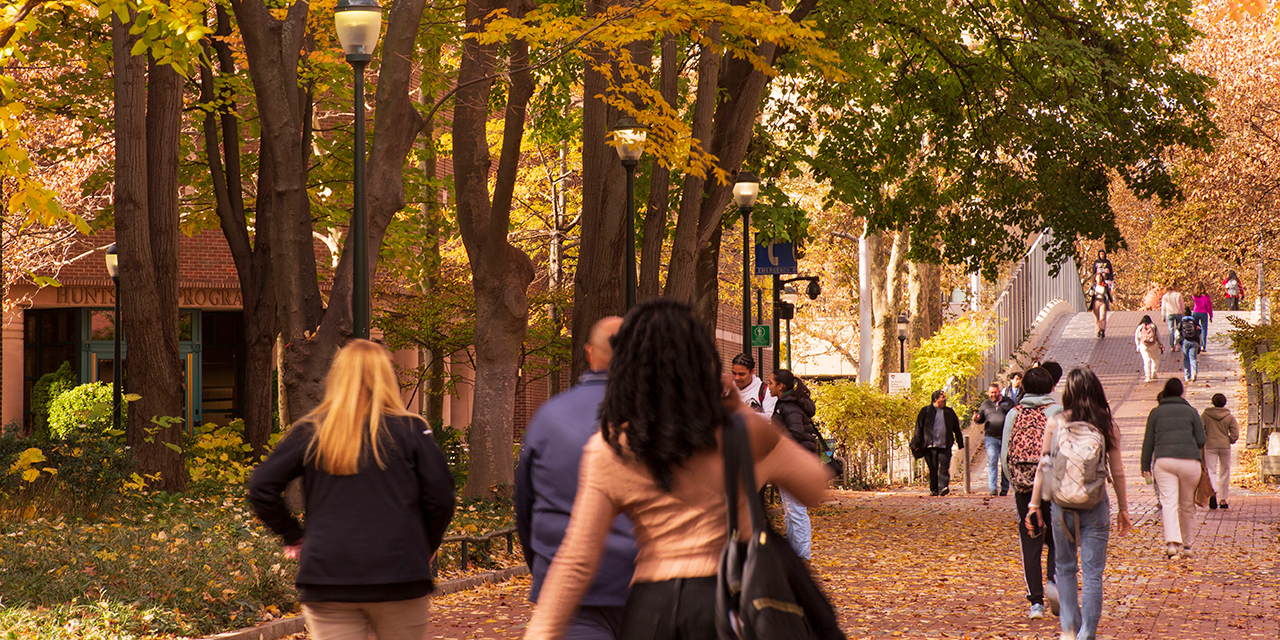An emerging issue in public education is school officials’ secret “social transitioning” of children into alternate gender identities. A case currently before the U.S. Court of Appeals for the First Circuit, Foote v. Ludlow School Committee, presents the clearest opportunity yet to uphold parents’ rights and protect kids from serious risks associated with social transitioning.
During the 2020–21 school year in the Ludlow, Massachusetts, district, teachers and staff actively promoted children’s social transitioning—calling them by new names and pronouns, while hiding these changes from parents. One counselor had secret discussions with students, including over online chat, suggesting that they weren’t safe with their parents. The parents of two children complained to school administrators. The superintendent called the parents’ concerns “thinly-veiled intolerance” and claimed that the school officials’ actions were required by state educational guidelines and antidiscrimination laws. The parents sued in federal court, alleging a violation of their constitutional rights to direct the upbringing of their children, make medical and mental-health decisions for them, and enjoy familial privacy.
Last December, the district court granted the school’s motion to dismiss. The court reasoned that plaintiffs had not “explained how referring to a person by their preferred name and pronouns, which requires no special training or skill, has clinical significance when there is no treatment plan or diagnosis in place.” In other words, social transitioning, standing alone, was not medically relevant and thus fell outside of the parents’ right to make health-care decisions for their kids. Plaintiffs appealed to the First Circuit, where the case is pending.
We recently filed an amicus brief supporting the parents that corrects the district court’s understanding. It presents medical research showing that, far from a neutral act or polite convention, social transition is an active mental-health intervention that poses serious risks to children and adolescents. Consequently, its use in schools infringes on parents’ constitutionally protected rights.
Decades of medical research have found that at least 70 percent of gender-dysphoric children desist by adulthood; that is, most will eventually grow to feel comfortable with their natal sex. Given this natural remission, the Dutch clinicians who pioneered pediatric gender transition have recognized that early social transition carries serious risks. They warned that some children transitioned early “barely realize that they are of the other natal sex” and develop a sense of reality unrooted in their biological sex and loaded with unrealistic expectations. The Dutch team therefore recommended postponing social transition until adolescence—and then only after a diagnosis of gender dysphoria.
Researchers and clinicians treating gender-distressed youths have similarly expressed concern that social transition can lock in a temporary phase of identity development and unnecessarily make accepting one’s sex and coming to terms with one’s body more difficult. A 2013 study found that social transition was associated with the persistence of gender dysphoria—but the authors could not state with confidence whether transition perpetuated these feelings, or whether those who would not have desisted naturally were more likely to have socially transitioned. A 2022 study by researchers who intended to show that “trans kids know who they are” and rarely change their minds inadvertently supported the first hypothesis. The social transitioning of children interferes with the natural process of desistence and increases the chances of unnecessary, harmful medicalization.
There’s also good reason to believe that transgender identity isn’t stable in adolescents—or even adults. In recent years, a cohort of adolescents suddenly experiencing gender-dysphoric feelings has rapidly emerged, suggesting that cross-gender feelings are neither innate nor immutable. Clinicians have no consistent and reliable way to distinguish between “true transgender” youths—those in whom cross-gender feelings are indicative of a lifelong struggle with accepting one’s body and sex and a related desire to live socially as a member of the opposite sex—and those who are merely, and in some cases temporarily, “gender-nonconforming.” Claims about minuscule rates of regret are based on studies done almost exclusively on adults. The handful of adolescents in these studies were transitioned under the Dutch protocol, a more conservative approach rarely, if ever, practiced in American clinics. Recent studies have acknowledged rates of regret and retransition from 10 percent to 30 percent.
Moreover, U.S. medical groups are increasingly out of step with their European counterparts on the use and value of social transition. Whereas American associations have mischaracterized the desistence/persistence literature and called for automatic “gender affirmation” of children, regardless of age, health authorities in Finland and the U.K. have recognized that social transition is an active psychological intervention, rebuffing the idea that children’s self-perception should be “affirmed” reflexively.
Finally, when transgender-identified plaintiffs and their advocates in court argued that they were legally entitled to use opposite-sex bathrooms, they claimed that social transition was a “critical” part of the medical treatment for gender dysphoria.
Given all this evidence, the question of whether to pursue social transition of students falls squarely within fit parents’ constitutionally protected discretion to make their children’s health-care decisions. Ludlow school officials acted unconstitutionally by socially transitioning students against their parents’ wishes and in secret. Even worse, they put the mental and physical health of minors at risk. The First Circuit should reverse the district court and protect students from harm at the hands of ideologically motivated government employees who believe they know best.
Photo: marrio31/iStock





